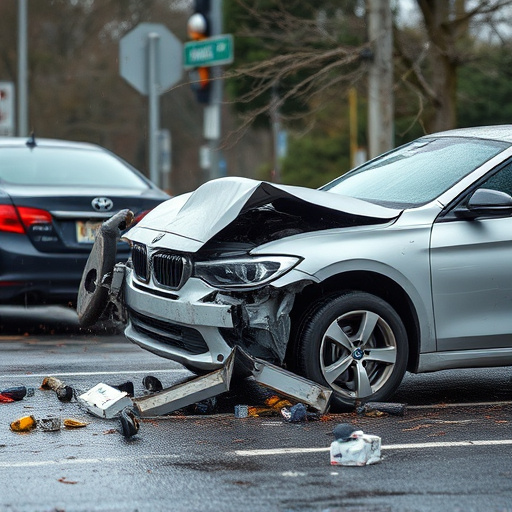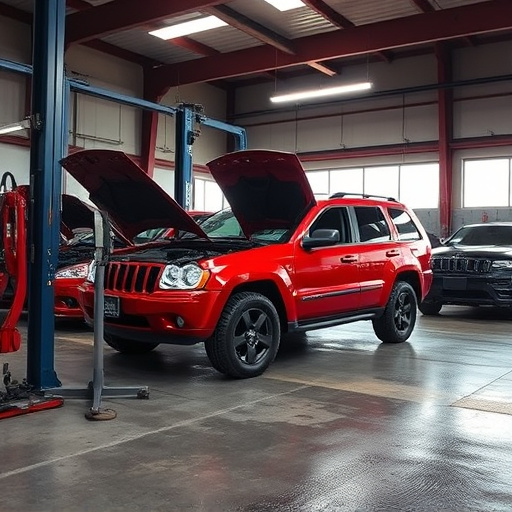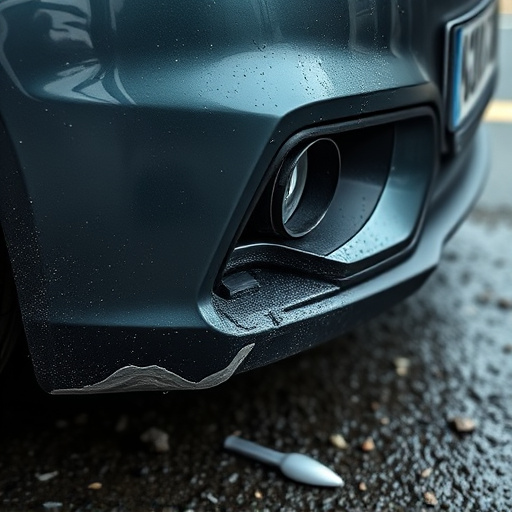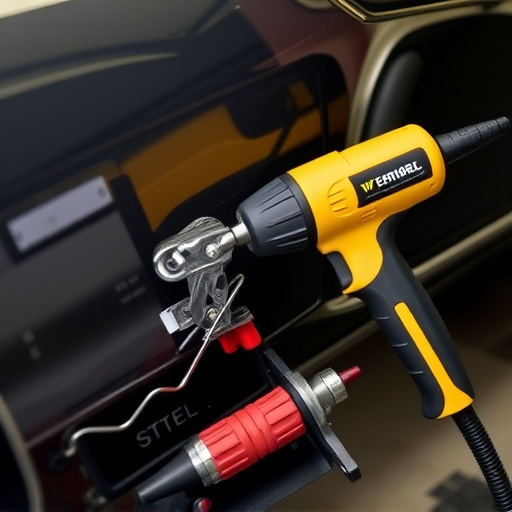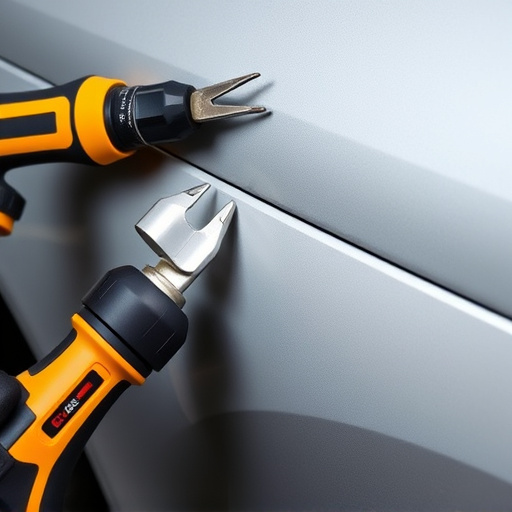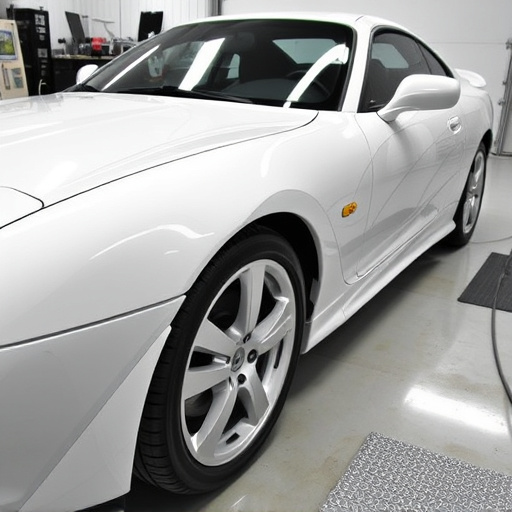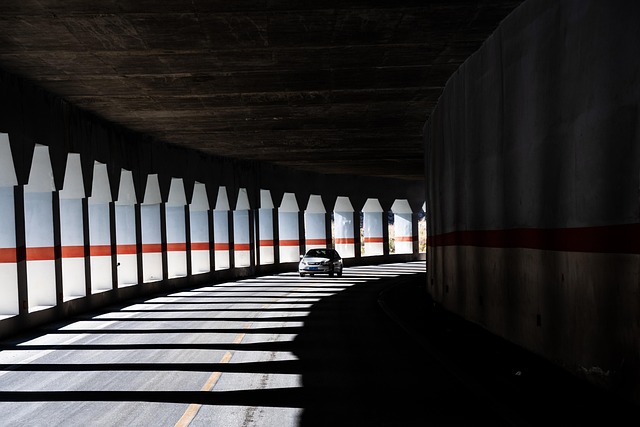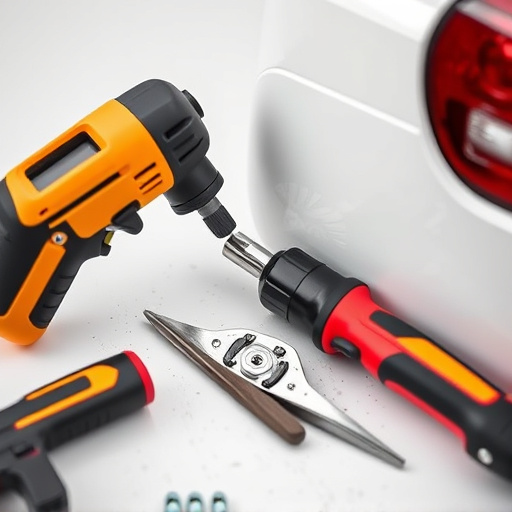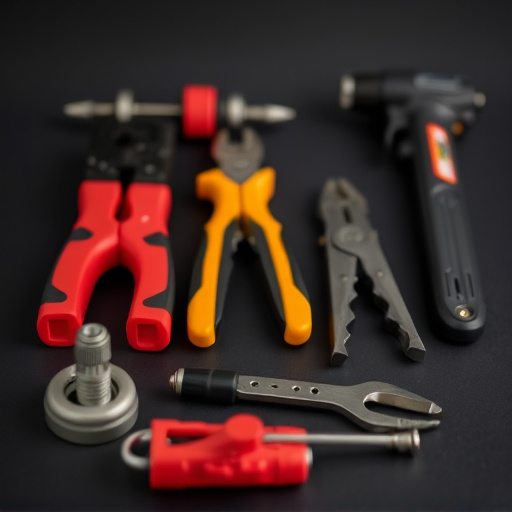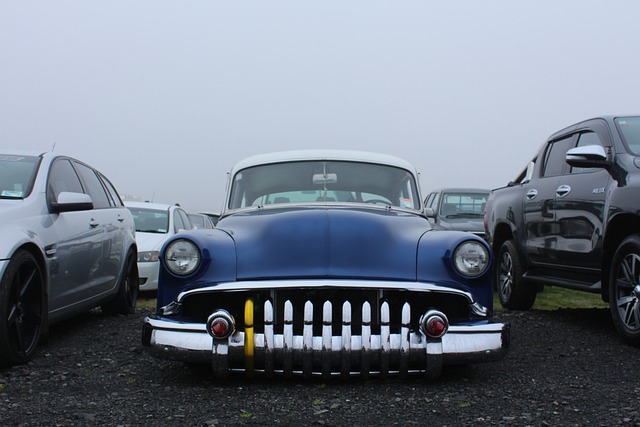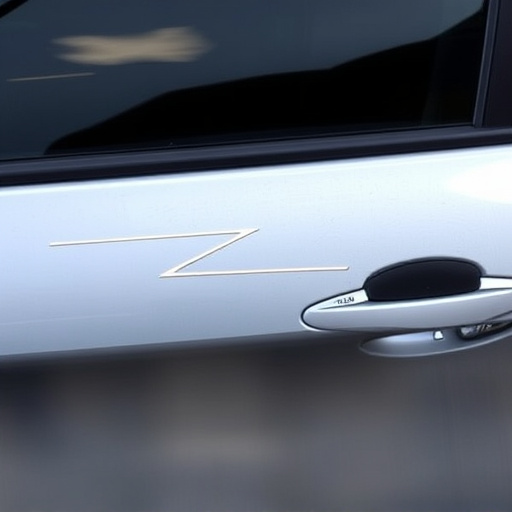Resistance spot welding (RSW) is a revolutionary technique in automotive repair, offering precise and strong metal bonding for luxury vehicle restoration. RSW's high-energy pulses fuse advanced alloys with exceptional control, ensuring structural integrity and reducing weight/aesthetic compromise. Insurance companies rely on RSW for efficient, safe, and cost-effective collision repairs, meeting industry standards and minimizing future claims.
“In the automotive industry, ensuring structural integrity is paramount for vehicle safety. Insurance companies recognize this, emphasizing the need for precise joining methods in their coverage policies. This is where Resistance Spot Welding (RSW) steps into the spotlight. RSW offers a controlled and accurate method of joining metal, reducing the risk of weak spots or failures. This article explores how RSW can enhance safety standards and streamline claims management, providing insurance with a reliable and modern solution for comprehensive coverage.”
- Understanding Resistance Spot Welding: A Basic Overview
- Insurance Coverage and Its Need for Precision Joining
- Benefits of RSW in Enhancing Vehicle Safety and Claims Management
Understanding Resistance Spot Welding: A Basic Overview
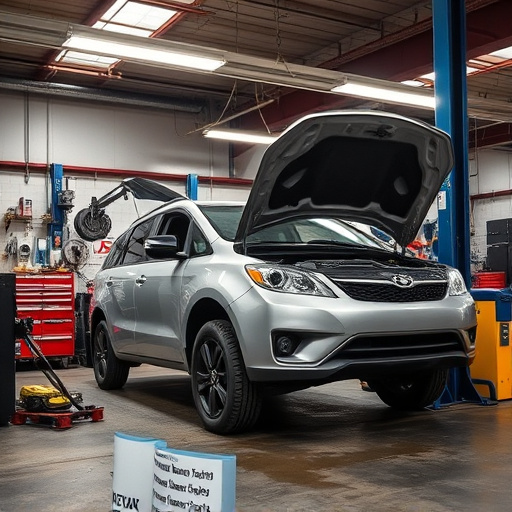
Resistance spot welding is a precise and powerful technique that has revolutionized the automotive industry. It involves using a concentrated high-energy pulse to fuse two metal pieces together, creating a strong, permanent bond. This process is particularly valuable in luxury vehicle repair and car restoration projects, where precision and durability are paramount. By applying controlled pressure and heat, spot welding ensures that components align perfectly, enhancing structural integrity without adding excessive weight or compromising aesthetics.
This method has become an indispensable tool for car damage repair, offering a faster and more efficient alternative to traditional joining methods. Its versatility allows for its use in various materials, making it ideal for modern vehicles with advanced aluminum and steel alloys. Resistance spot welding’s ability to create consistent and reliable bonds contributes significantly to the overall quality of both routine maintenance and extensive car restoration efforts.
Insurance Coverage and Its Need for Precision Joining
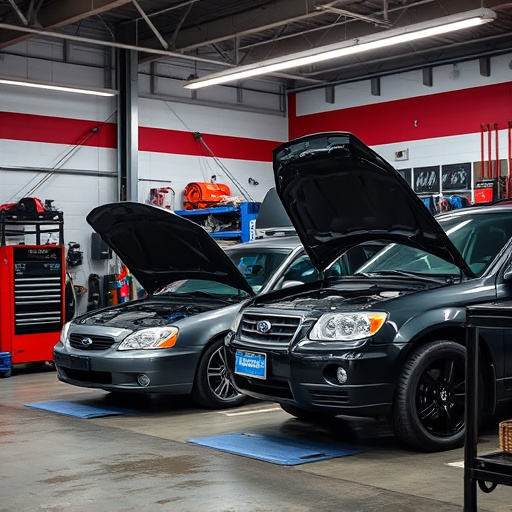
Insurance companies play a vital role in ensuring the financial protection of individuals and businesses alike, especially when it comes to mitigating risks associated with potential losses. In the context of automotive collision repair, be it for a regular car or a luxury vehicle, insurance coverage demands precision and durability in the repair process. This is where resistance spot welding steps in as a game-changer.
Resistance spot welding is a specialized technique that offers unparalleled precision and strength in joining metal components. Its importance in the automotive industry, particularly within collision repair shops, cannot be overstated. When an insured vehicle suffers damage, requiring repairs such as panel replacement or structural restoration, insurance providers need to ensure that the work is carried out to the highest standards. Resistance spot welding guarantees precise alignment and robust bonds, minimizing the risk of future structural failures or leaks. This not only protects both the insured and the insurance company from costly claims but also ensures the safety and reliability of repaired vehicles, be it a standard model or a high-end luxury vehicle.
Benefits of RSW in Enhancing Vehicle Safety and Claims Management
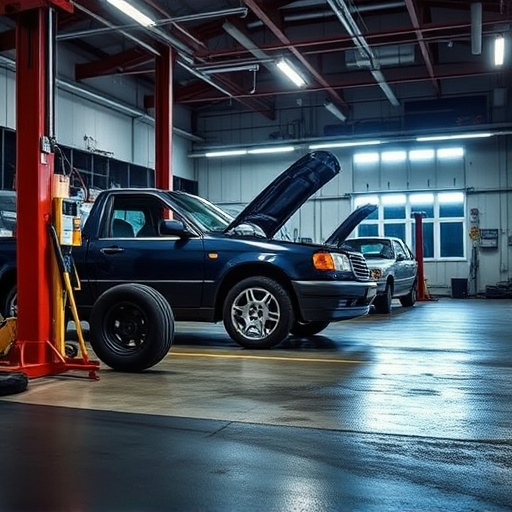
Resistance spot welding (RSW) is a highly effective technique that significantly enhances vehicle safety and streamlines claims management in auto body services. By creating robust bonds between metal components, RSW ensures structural integrity, which is vital for car body repair and prevents failures during accidents. This strength is crucial in minimizing damage and protecting occupants, thus reducing the severity of injuries.
In the event of a collision, RSW-joined parts are less likely to separate or deform, making vehicle body repair more precise and efficient. This precision translates into reduced repair costs and faster turnaround times for vehicle owners. Moreover, the reliability of RSW bonds ensures that repairs meet safety standards, giving policyholders peace of mind when claiming insurance for auto body services.
Resistance spot welding (RSW) has emerged as a crucial process not only for achieving precise and strong joint connections in automotive manufacturing but also for ensuring comprehensive insurance coverage. By adopting RSW, insurers can enhance the safety of vehicles and streamline claims management through improved structural integrity and reduced repair complexities. This technology’s ability to create high-quality welds with minimal material disruption makes it an indispensable tool in modern vehicle construction, ultimately benefiting both manufacturers and policyholders.

